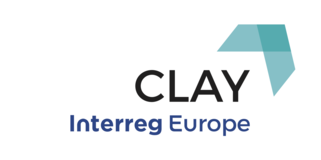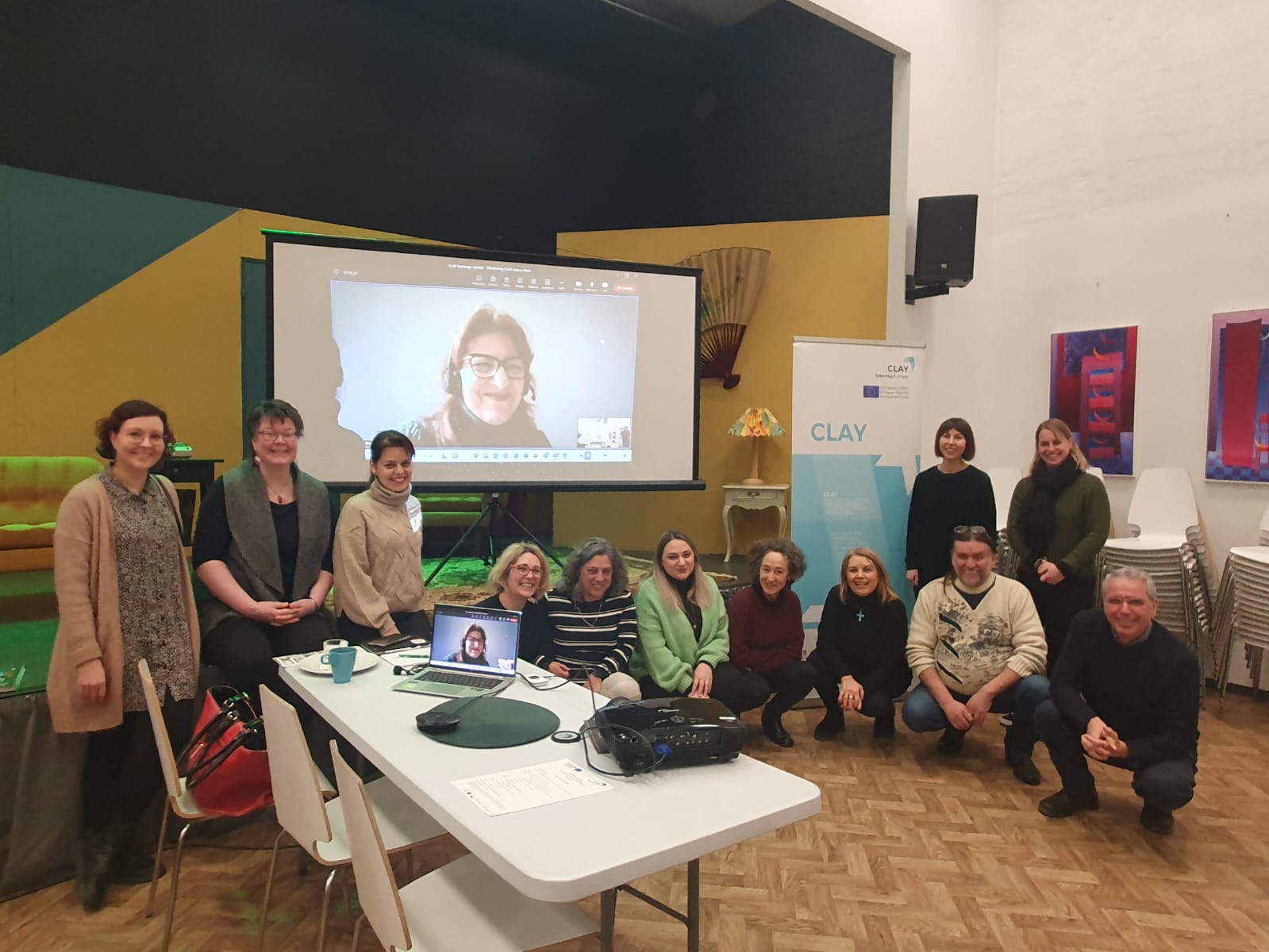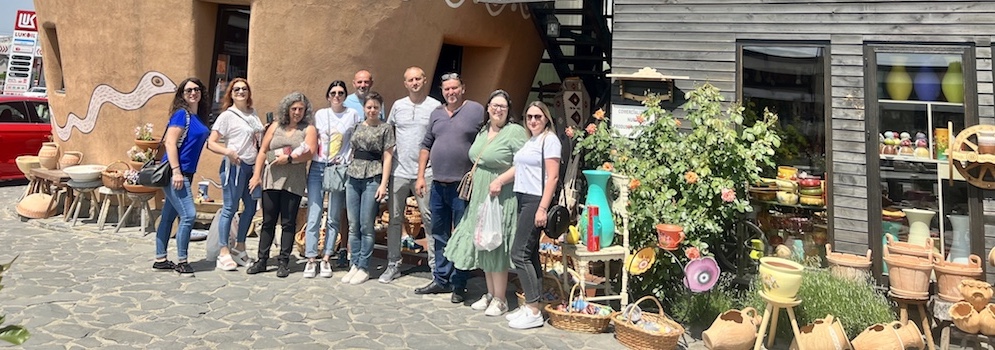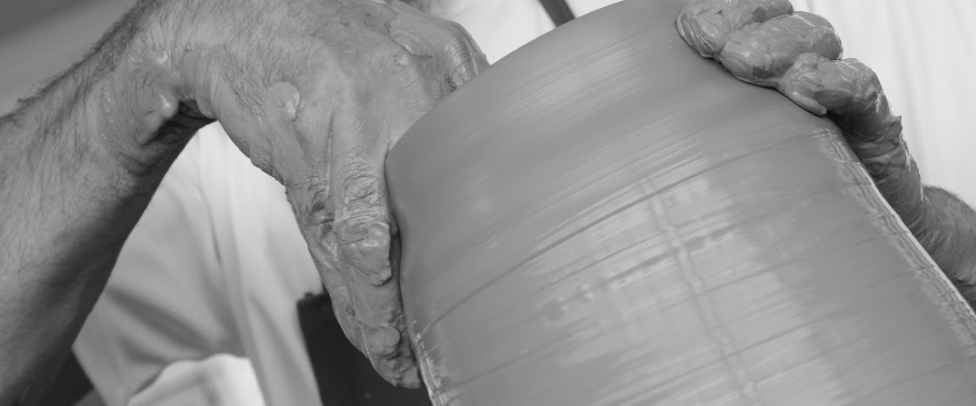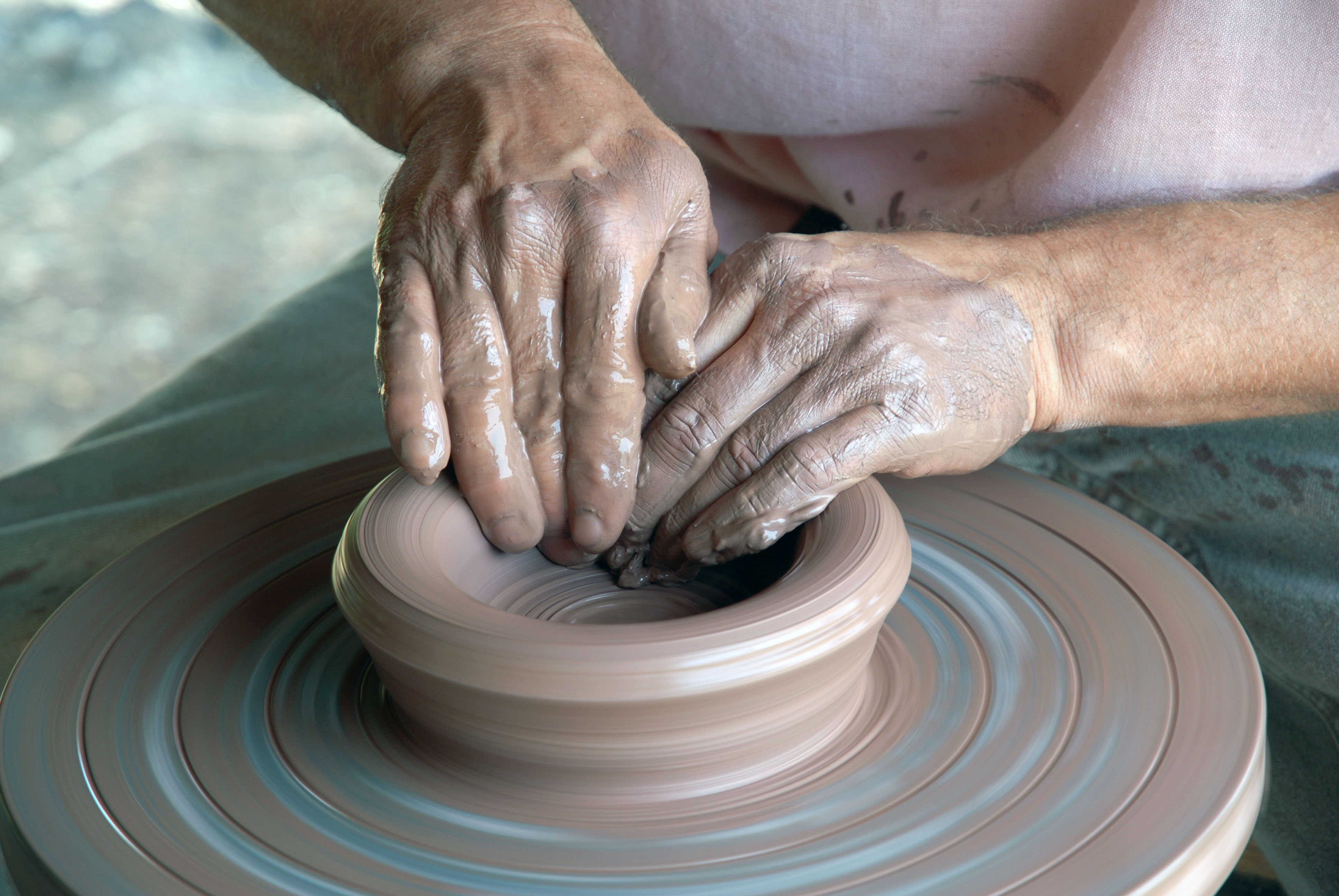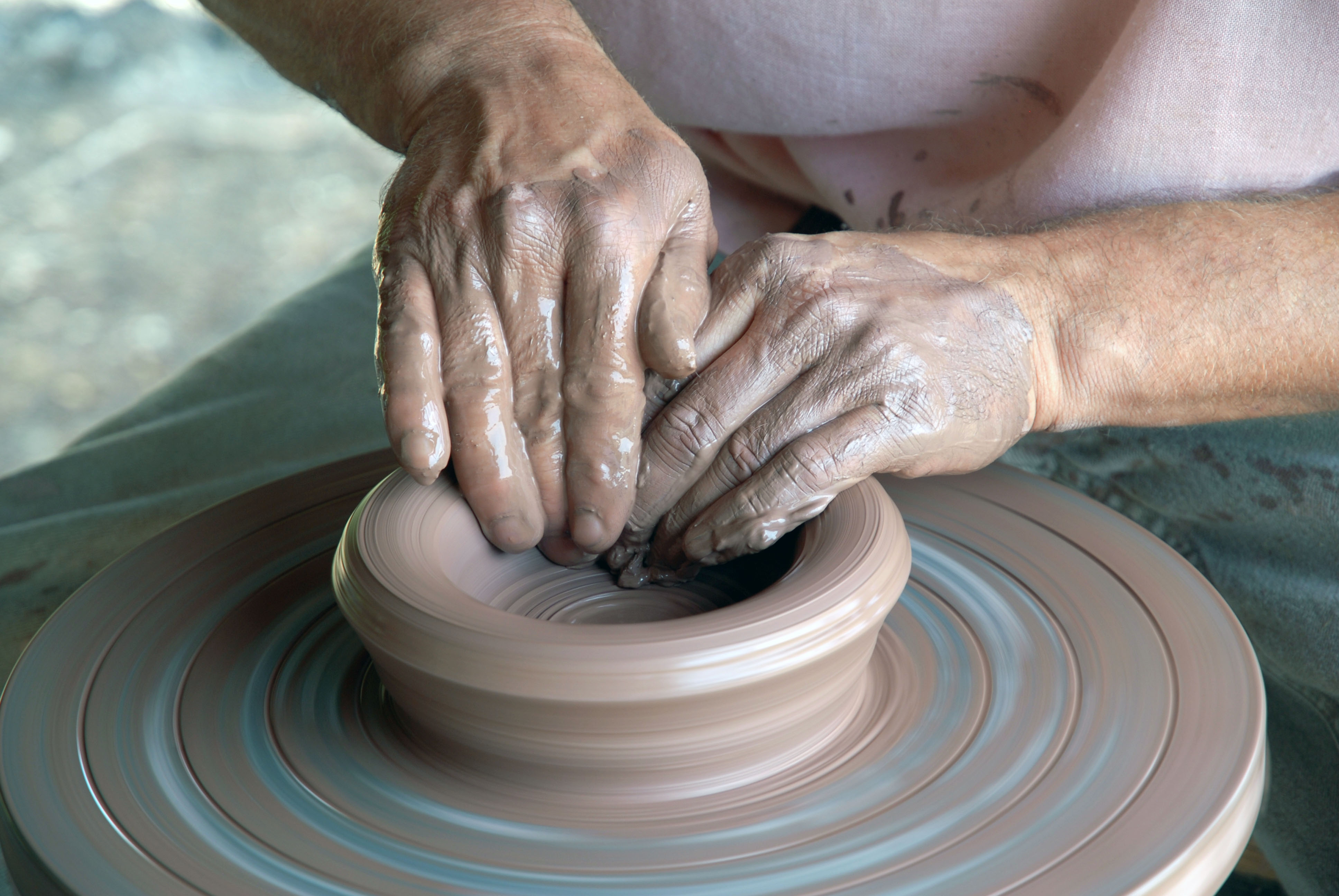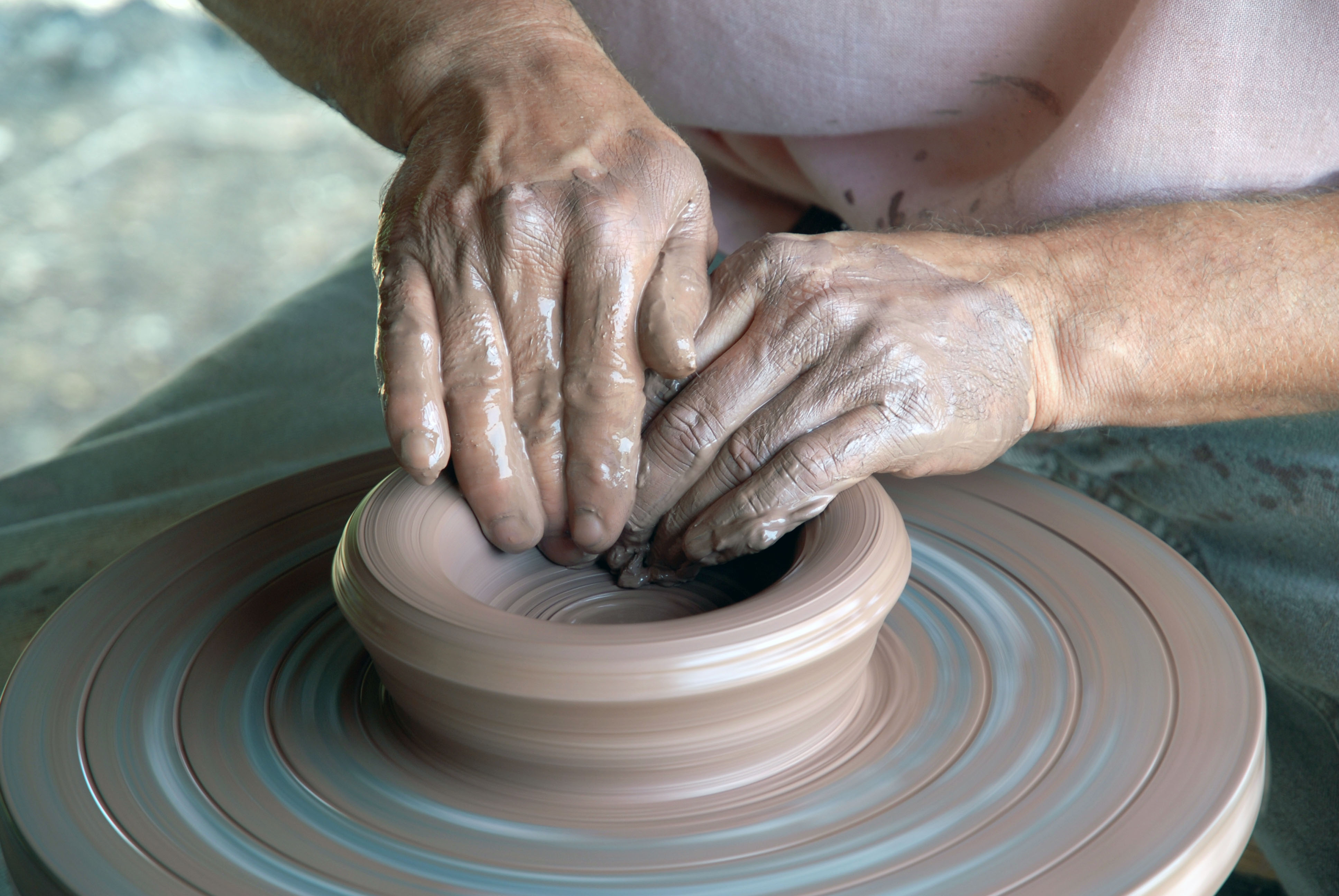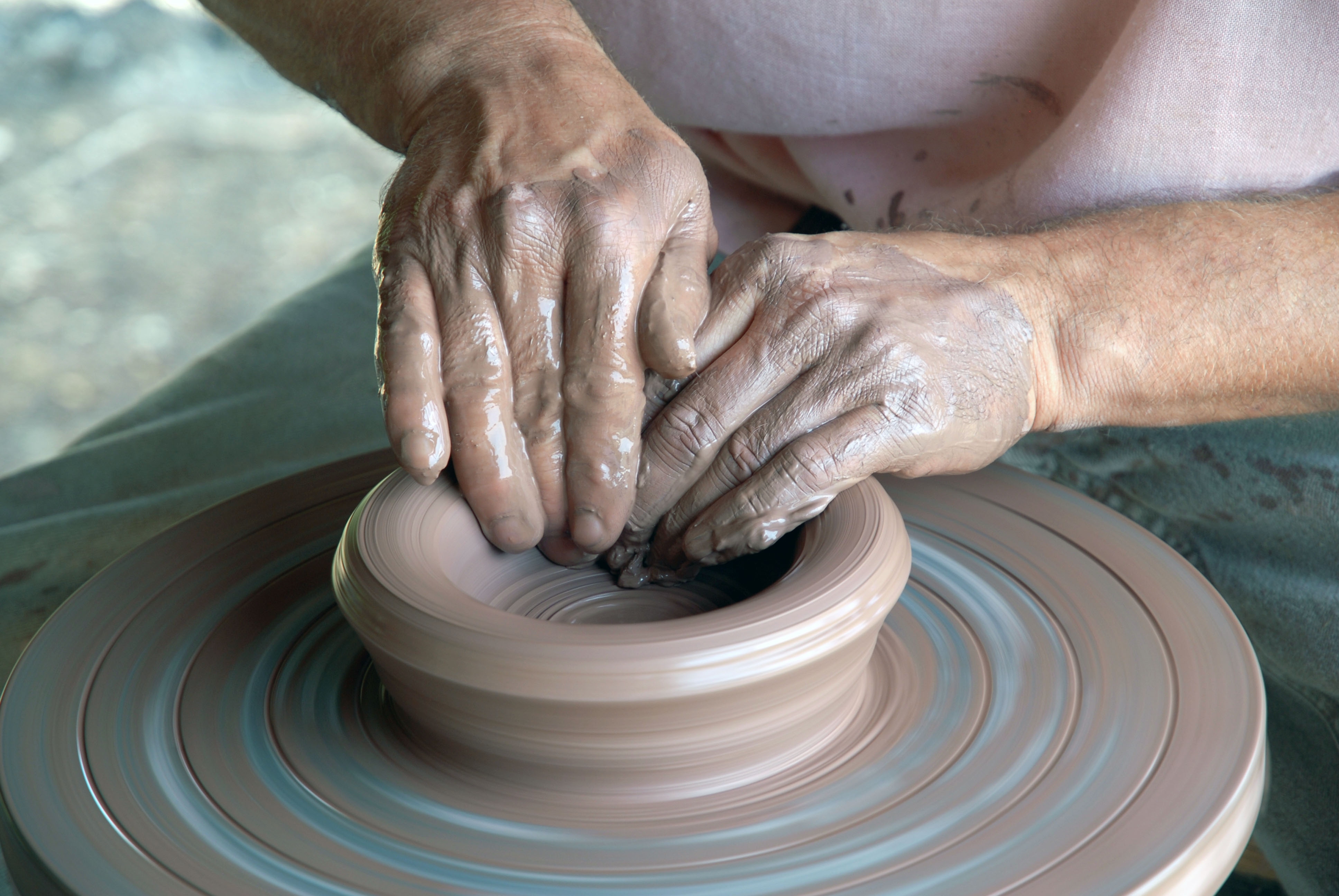The third session was dedicated to Ceramics recovery in European Countries and managed by AEuCC, partner of the CLAY project, through analysis carried out by members of the various AEuCC countries, also by virtue of the widespread presence of AEuCC in numerous European countries, and moderated by the President of AEuCC Xavier Morant and by the Director Giuseppe Olmeti.
Nikola Seko (Czech Association Cities of Ceramics) presented a brief report on Czech pottery during covid-19 pandemic. He submitted a short survey to a series of stakeholders about the effect of Covid-19 restrictions and new business possibilities. Some respondents had to use state funds to survive, or were forced to choose a different source of income. The basic market was ruined completely for most of the respondents, even potters who used to sell abroad had a difficult time. New tools which were used are social networks and the internet. Almost all of the respondents stated that their income had decreased, with one exception: a sculptor who works with wealthy customers.
Kunštát hosts the second largest market in Czech Republic, and opened the market even during the pandemic. Also, the pandemic has shown some new ways of selling ceramics, online, via internet, finding new markets.
Charles Fillit (French Association Cities of Ceramics) stated that in France the situation does not turn out to be disastrous, it is getting better and the ceramic sector has learnt a great deal in the past 2 years. Local authorities developed support tools. Crisis opened minds and the Covid-19 crisis also developed a strong partnership with the regional authority, as there are many competences that the regional authorities can provide, not just funding. The ceramic sector needs to work with the institutions. The French Association Cities of Ceramics decided to allow the regional authorities to be official members of the organization.
The main message is: behind the crisis there is the hope of networking among the craft sector and institutions.
Wilhelm Siemen (former director/head of the Porzellanikon - Germany) remarked that the industry is not helpless, even though the ceramic sector in 2020 has faced a hard situation. After the lockdown the disaster started and led to a situation where some markets totally failed. The last quarter of 2020, however, was better, also thanks to the gastronomy sector. The industry is not getting stable, however, with some challenges to face, such as the lack of staff, the higher energy costs.
Giuseppe Olmeti (Italian Association Cities of Ceramics) talked about the crash of the touristic sector and shop sales, besides the stop to the teaching and courses activities (part of many ceramists’ jobs), leading to a minus 20-30% income. The reaction in Italy led to offering grants to enterprises, but these funds were not accessible for many ceramists. In 2020 people had more money and wanted to spend it. There was a reduction of imports from China, due to transportation costs. There have been activities, events, promotion and a great discovery of the online potential. The problems are related to the cost of energy, which is higher: ceramists are selling their product but they don’t know exactly the level of spending for the production, therefore there could be a second moment of crisis and shops closing. Also, the government approved 4 millions for the ceramic sector, which were not distributed: now a new law is in approval phase, trying to assign to the sector 3 millions per year.
Jose Luis da Silva (Portuguese Associations Cities and Villages of Ceramics) agreed with CTCV that ceramic SMEs had the opportunity to apply for funds, but individual ceramists are having issues with the market and production conditions, they also don’t approach the foreign market. He stated, however, that he’s optimistic about the future, as there are still many ceramists working with modern ceramics.
Xavier Morant (President AEuCC) remarked that the Covid-19 impact has been similar in all European territories. At this moment, the main problem is the cost of energy and the governments should be asked to reduce this impact. He concluded by stating that we should find common solutions to common problems.
Oriol Calvo (Spanish Association Cities of Ceramics) divided the impact of the Covid-19 pandemic in three phases: - early 2020, lockdown, all workshops were closed, there were no orders, the ceramists couldn’t even go to their studios. There was no income at all, just public aid. Many workshops never reopened. - July 2020, recovery, but some restrictions were kept. The tourism was only local and there were few occasions to sell ceramic products due to a small number of orders from other sectors (e.g. catering sector). - November 2020 / May 2021, vaccine, but not yet a return to normality. As Da Silva, Calvo also expressed optimism for the future, hoping for a full recovery from the pandemic.
